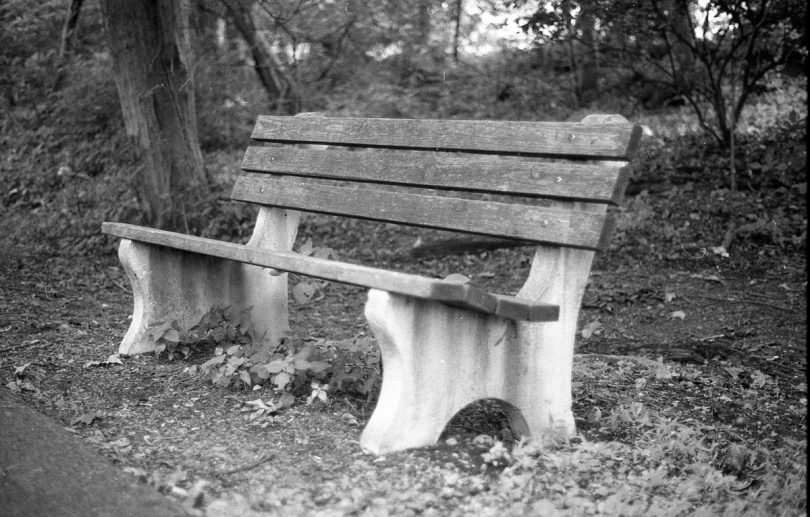Fifth Sunday after Pentecost
A Moral Obligation
Howard Thurman was a pastor, philosopher, and spiritual leader of the civil rights movement and its commitment to nonviolence. He wrote Jesus and the Disinherited, a small but momentous book that Martin Luther King Jr. is said to have kept with him when he traveled.
Thurman’s autobiography, With Head and Heart, is dedicated to a good Samaritan: “To the stranger in the railroad station in Daytona Beach who restored my broken dream sixty-five years ago.” Thurman had completed eighth grade and was on his way to Jacksonville to a high school for black students. He bought his train ticket and then learned that the trunk with all his belongings would have to be shipped separately. Thurman had a dollar and a few cents, far short of the charge, so he sat down on the steps and “cried his heart out.” A black man wearing overalls and a denim cap listened to his story, paid the fee for the trunk, and handed Thurman the receipt.
Howard Thurman believed that if we truly understand the parables of Jesus, we will not be able to “pass by on the other side” of human suffering and oppression. Jesus’ Parable of the Good Samaritan creates a “moral obligation to act,”1 to heal wounds and to work for justice. Asking, “Who is my neighbor?” is an attempt to exclude others from the wideness of God’s mercy, and to avoid the moral obligation to act in love toward the neighbor. The church is to be a “training station” for doing the work of justice and healing and restoring broken dreams. “It was my conviction and determination,” Thurman said, “that the church would be a resource for activists . . . in the thick of the struggle for social change . . . to be able to find renewal and fresh courage in the spiritual resources of the church.”
May the church find renewal and fresh courage as we act for justice and healing, love mercy, and support those who do likewise.
Sue Koenig, pastor, First Moravian Church, Easton, Pennsylvania
and Director of Racial Justice and Healing for the Northern Province
1Quotes in this paragraph are from David Gowler, “The Continuing Relevance of Howard Thurman,” at https://academicminute.org/2018/08/david-gowler-emory-university-the-continuing-relevance-of-howard-thurman/ and from Thurman, With Head and Heart: The Autobiography of Howard Thurman (New York: Harcourt Brace Jovanovich, 1979), 160.

